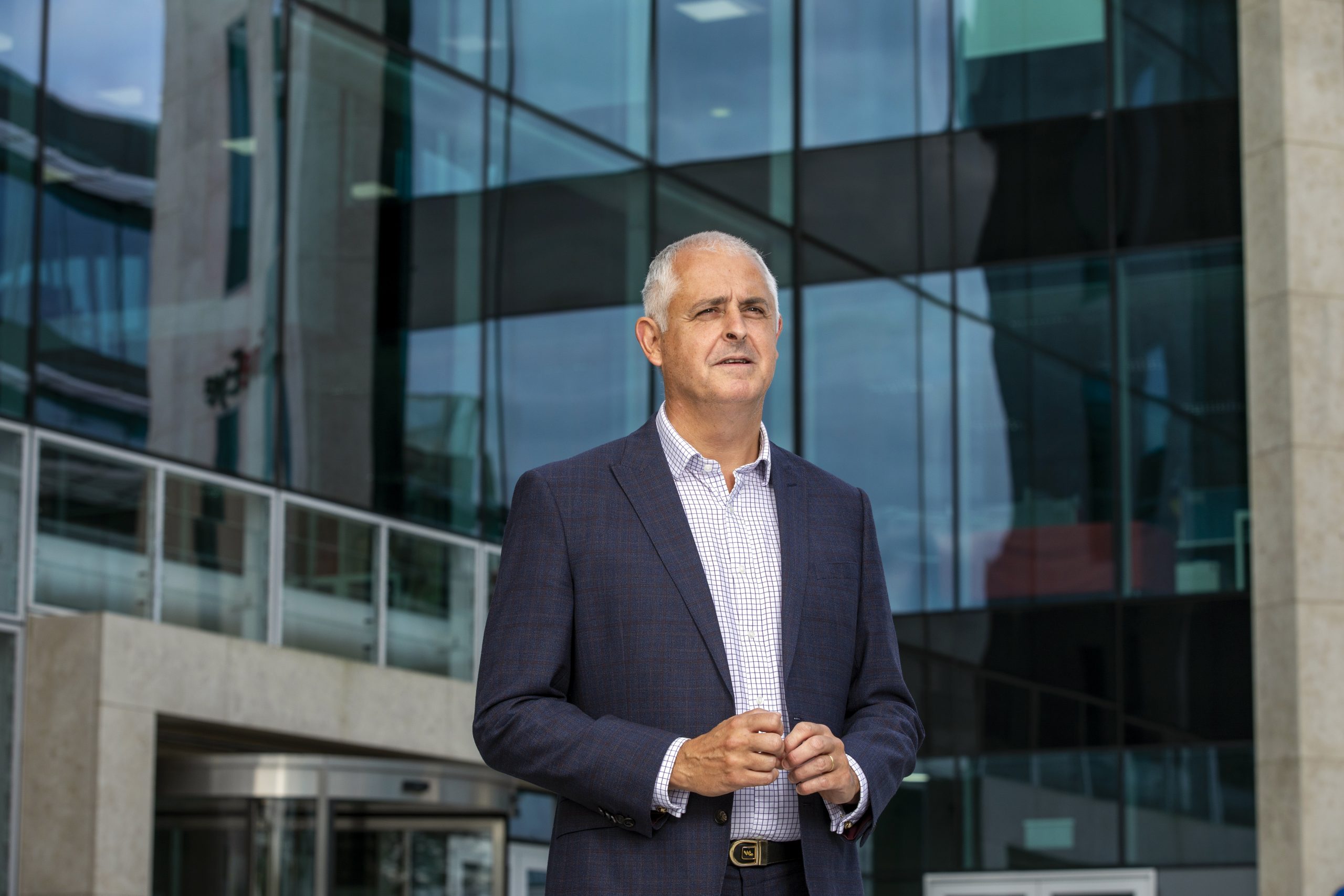Before he became a lawyer, Richard Martin made a splash in London in the 1980s working for an American investment bank trading precious metals. It was, he says, “absolutely wonderful and very lucrative”. He had left his native Cork with a BComm from UCC having been talked out of his teenage ambition to study law by a friend of his father’s who told him it was too narrow and limiting jobs-wise. But his father, a naval architect, was not so sure. On Friday October 16, 1987, he travelled to London and persuaded his son to pursue the career in law…
Cancel at any time. Are you already a member? Log in here.
Want to continue reading?
Introductory offer: Sign up today and pay €200 for an annual membership, a saving of €50.

